Next Year’s Harvest
BY DANNY SWAN | March 20, 2018
My sons, two little boys, will not eat fresh greens. Not a bite. That’s after I spent the last 10 years starting 4 urban farms and founding a nonprofit around community health and local food. My boys won’t touch my kale!
I found a way around it: smoothies. Every morning, I wake up and blend my homegrown greens with that most magical of starchy fruits: the banana. I rely on those bananas as the vehicle to deliver superfood greens into my kids’ bodies.
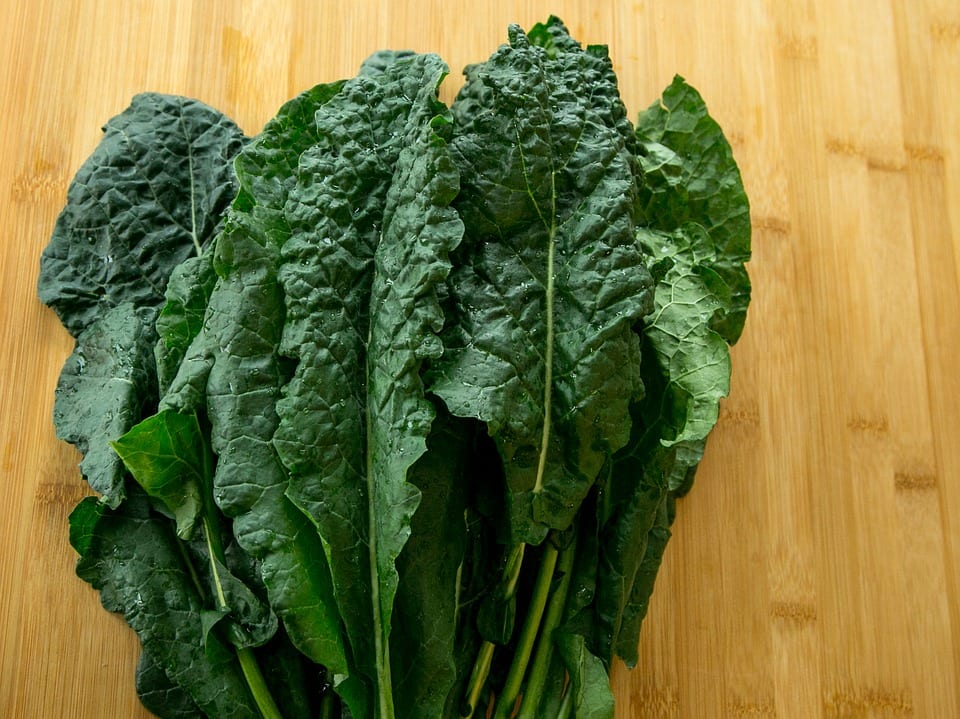
But lately, bananas have been giving me pause.
Bananas carry with them a history of injustice. Latin American plantations employ workers, often at pitiful rates with substandard working conditions. Abject poverty.
Every time I feed bananas to my boys, I’m feeding them the injustice, suffering, environmental degradation, and poor health of the banana plantations.
Meanwhile, I live in East Wheeling, West Virginia. I refer to my block as Wheeling’s “trauma ward”. Prostitutes and addicts convene for quick money and quick fixes on my corner. All of them—every last one of them—lived through horrible trauma in their childhoods, inflicted upon them by the hands of the adults charged with their care.
I raise my family on that block with intention. I want my boys to look our problems in the face, know them, love them, and work to heal them. As such, I raise my boys to be emotionally, physically, and spiritually strong. I hope they’ll know gardening’s greatest lesson: our waste, problems, and loss can all be composted into the energy that brings next year’s harvest.
My intentions for my boys—that they be strong enough to share their health with their community—leads to a simple act every morning: I make a banana-kale smoothie. Yet somehow, even those smoothies carry the embodied suffering of our Latin American brothers and sisters. Is that negligence? Is it irresponsible? Is it an inevitable compromise of the human condition? Or can I humbly, peacefully work to fashion new options for fair-trade bananas, for wellness, for composting, for healing in my community?
“Just as bread and wine are transformed into Jesus and taken into our bodies, the soil, water, and sun of our place is transformed into nutritious food. Eating local food connects us to the land (creation) in the same way that the Eucharist connects us to Christ. Not only symbolically but literally joining our bodies with the places we steward.”
-Eleanor Marshall, AmeriCorps VISTA at Grow Ohio Valley
[This reflection was originially published as part of ISN’s 2018 Lenten Series: Break Forth.]
Danny Swan is co-founder and executive director of Grow Ohio Valley, a non-profit based in the East Wheeling neighborhood of Wheeling, West Virginia, committed to local foods, urban agriculture, and community health. Danny is a 2009 graduate of Wheeling Jesuit University and is a 2016 recipient of ISN’s Moira O’Donnell Emerging Leaders Award.

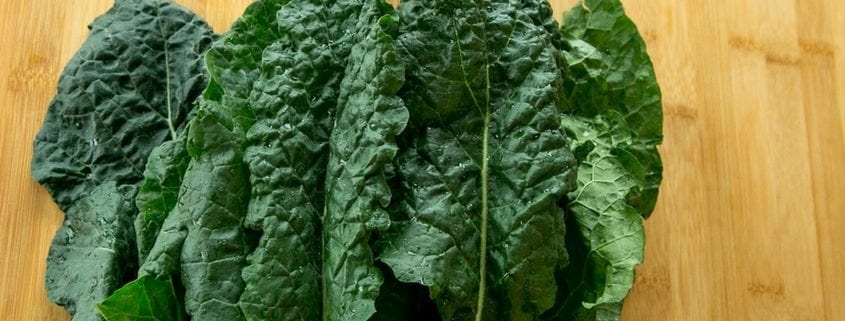


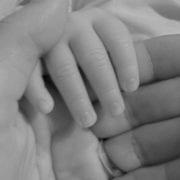
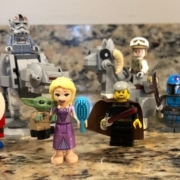
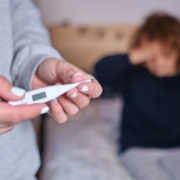

Leave a Reply
Want to join the discussion?Feel free to contribute!